How to build your own robot (and it's really not difficult)
Building your own droid army is easier than you might think.

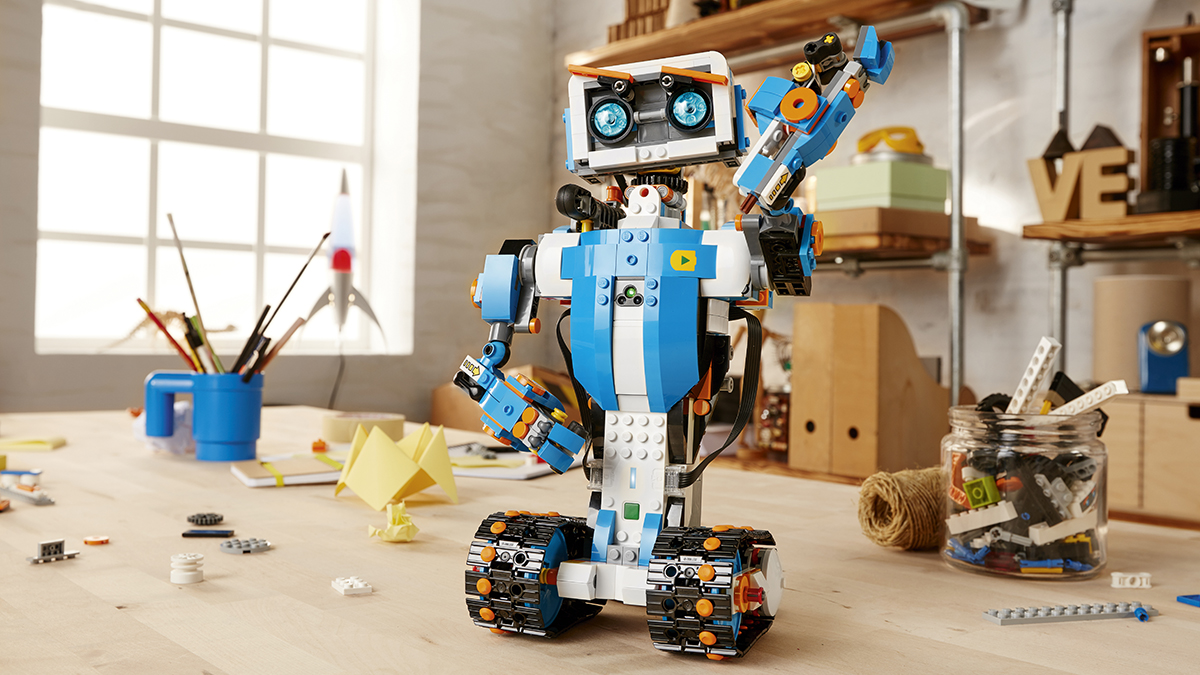
Get all the latest news, reviews, deals and buying guides on gorgeous tech, home and active products from the T3 experts
You are now subscribed
Your newsletter sign-up was successful
Maybe you're hoping to star on a robot fighting television show some day, or maybe you just fancy a new hobby, but for all kinds of reasons robotics is a fascinating industry for tech lovers - and one that's not too difficult for complete beginners to get started with.
To help you get your foot in the door, we're going to list some tips, tutorials and other resources that you should find helpful. Becoming a robotics expert takes many years and a lot of expertise, but just about anyone can start dabbling with these kits and gadgets.
Start with electronics
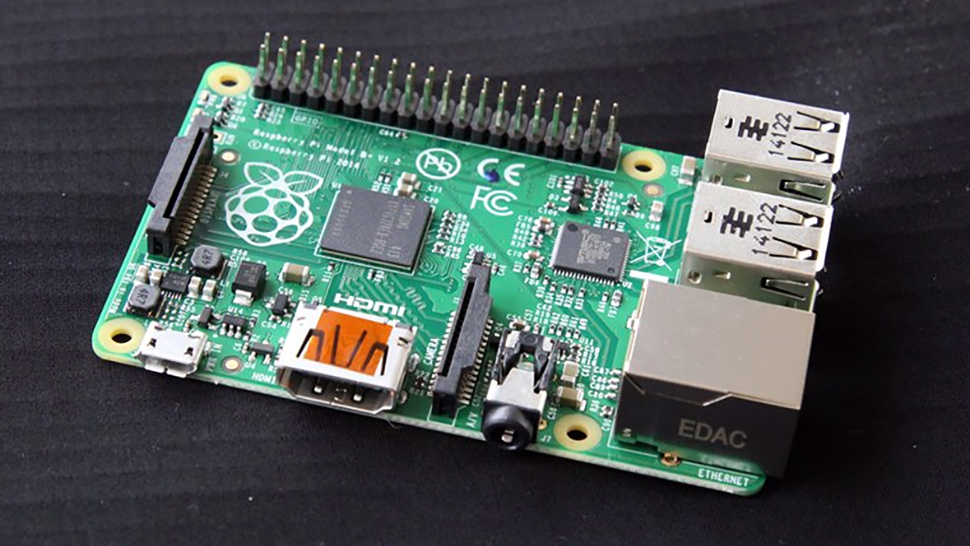
Electronics and robotics are very closely related, and while you don't need an electronics degree to build your first robot, it certainly helps to know the basics of both disciplines as you start to make progress.
One good route in is to buy yourself a Raspberry Pi for around £30/$30 or less. You can, eventually, use one to buy a robot, but there are a lot of simpler projects you can try to learn the ropes of programming and electronics first. Everything you can learn with a Pi you can apply to robotics in general.
If you're at a loss where to start, there are plenty of guides and tutorials on the web, plus an official magazine you can pick up for some extra inspiration. You can carry on using the same core Pi module as your creations get more ambitious.
Robotic arms
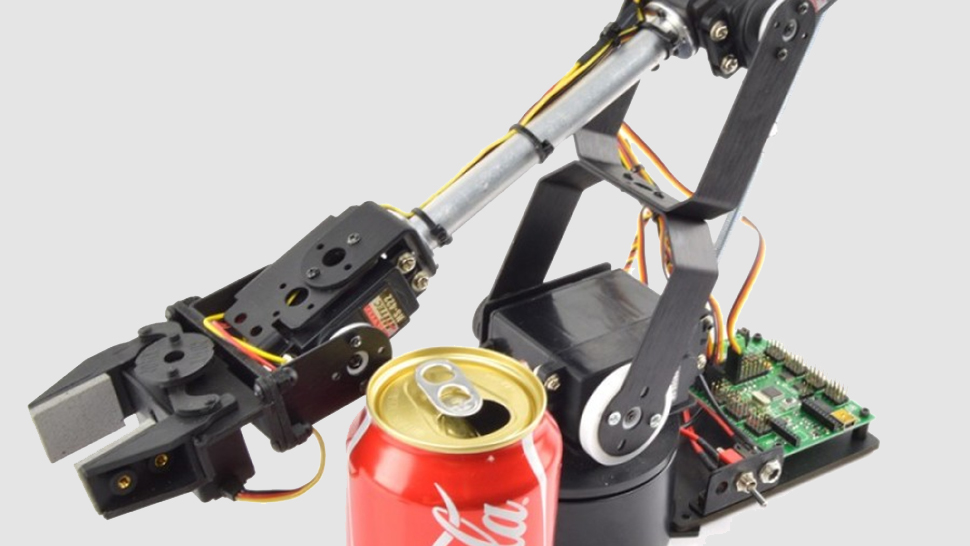
Before you tackle a whole robot, a robotic arm might suit you better if you're a beginner. They're easier to build, easier to program, and will teach you a lot about the mechanics of building a robot.
Check out a retailer such as Robotshop and you'll see prices range from £30 to over £300 for a robotic arm, depending on the complexity and the kit you get with it (US prices are similar, from $30 and up). The Lynxmotion AL5D, for example, comes with everything you need to get started and can be controlled by a computer.
Get all the latest news, reviews, deals and buying guides on gorgeous tech, home and active products from the T3 experts
Pick one that matches your current skillset, budget and ambitions if you decide a robotic arm is right for you, and you're up and running with your first robotics project. It might even help you keep your desk tidy if you get it programmed correctly.
Lego Mindstorms and Boost
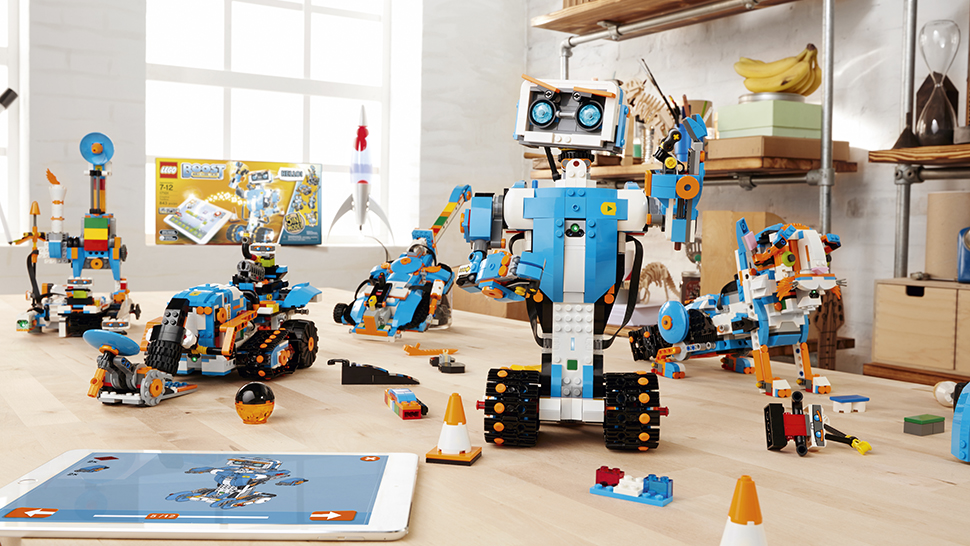
Lego, but with a grown-up, robotic twist - the Mindstorms series has been around for nearly 20 years now, and comes with everything you need to make your own robots out of bricks, including a controller block and sensors.
The EV3 series is currently available for around £300 or $350 online, and comes with bricks that can be transformed into several different robot designs. It's great for beginners, because you just need to follow the instructions to get started.
The Lego Boost set (from around £150 or $160 online) is also worth a look - it's aimed at kids, but it's a good way in for anyone. Once you're up and running with your first creation, you can start experimenting with different designs and coding options: you might even learn some programming too.
Going further
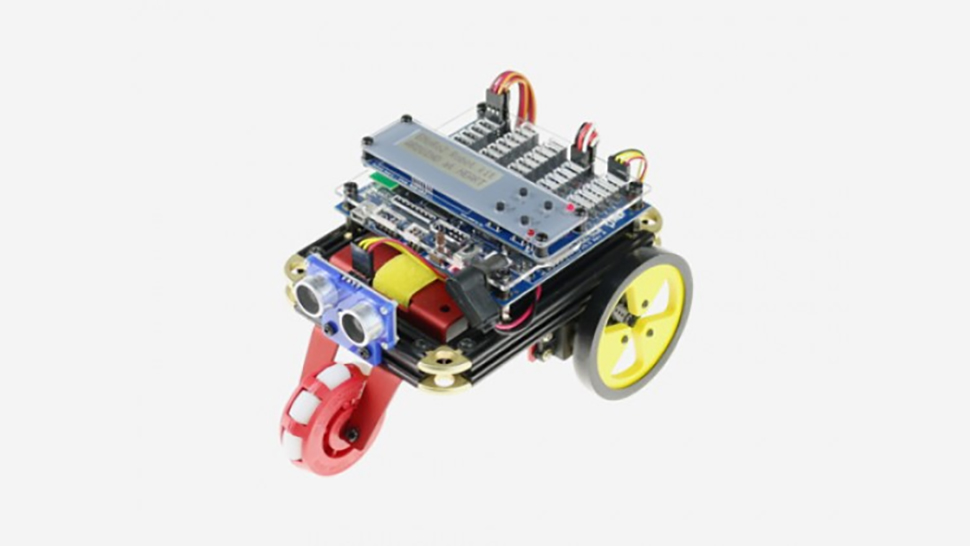
After the Raspberry Pi, robotic arms, and robotic Lego, there are plenty of routes to progress through the world of robotics. All of these ideas overlap and are interchangeable, so pick the ones that suit you best - that might come down to whether you're more interesting in the mechanics, or the programming, or another aspect of robotics.
We've mentioned the Raspberry Pi already, and this and similar micro computers - like the equally inexpensive Arduino - can be used as the basis for all kinds of robotic projects. In fact you can buy a moving robot straight from the Arduino store for €169 (the equivalent of about £150 or $200).
Head to a site like Instructables and you'll come across a whole host of robotics tutorials to get you started. It's your call how much you want to spend, and what you want your robot to be able to do, and how much learning you want to have to do along the way. With so many fields of science and engineering involved, there's really no limit on how much time and energy you can invest in robotics.
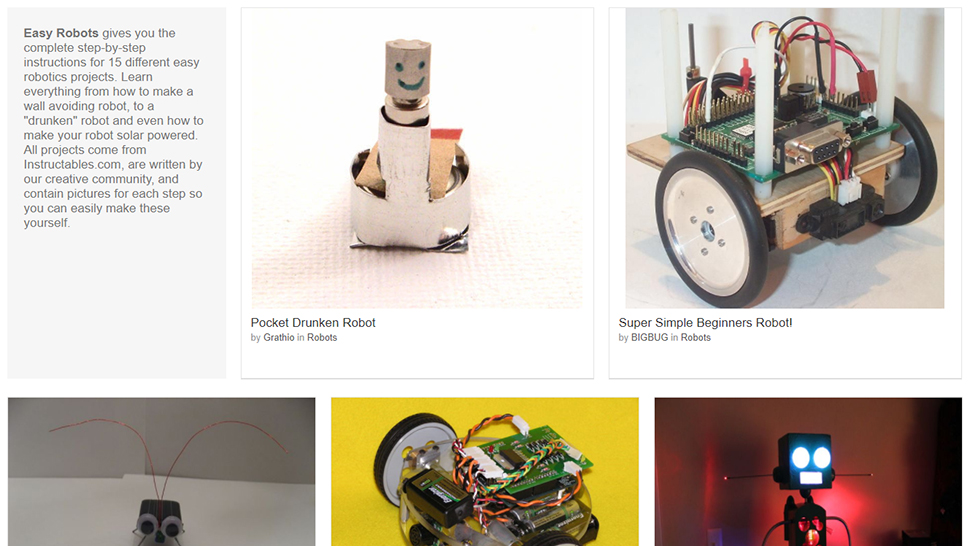
You'll come across tutorials on easy robots, for example, that only have a few components and can be put together quickly, as well as miniature robots that require a bit more concentration and attention to detail. Meanwhile, here's a tutorial on building a roving robot using an Arduino board and a smartphone as a camera.
You don't have to go so DIY though - the aforementioned Robotshop offers a broad selection of kits and instructions that help you build robots as you might build Ikea furniture. You've got many robot types to pick from, at all kinds of price levels, and you can even put together your own Johnny 5.
Try not to go too fast too soon though - more advanced robots, even in kit form, require a lot of technical know-how to put together, so work your way up slowly and get familiar with the basic controllers, sensors and motors before getting more ambitious. Even the experts find robotics challenging, so don't get discouraged.
Dave has over 20 years' experience in the tech journalism industry, covering hardware and software across mobile, computing, smart home, home entertainment, wearables, gaming and the web – you can find his writing online, in print, and even in the occasional scientific paper, across major tech titles like T3, TechRadar, Gizmodo and Wired. Outside of work, he enjoys long walks in the countryside, skiing down mountains, watching football matches (as long as his team is winning) and keeping up with the latest movies.
